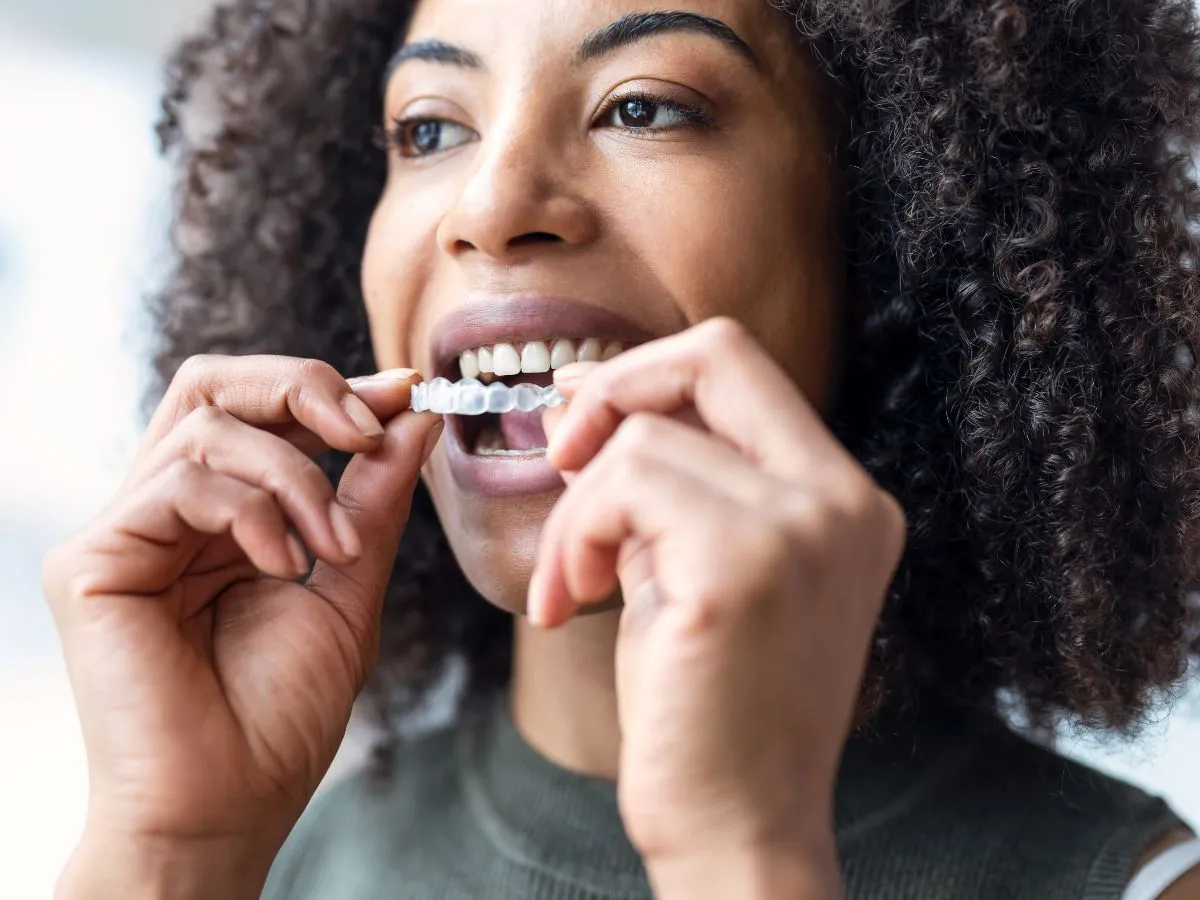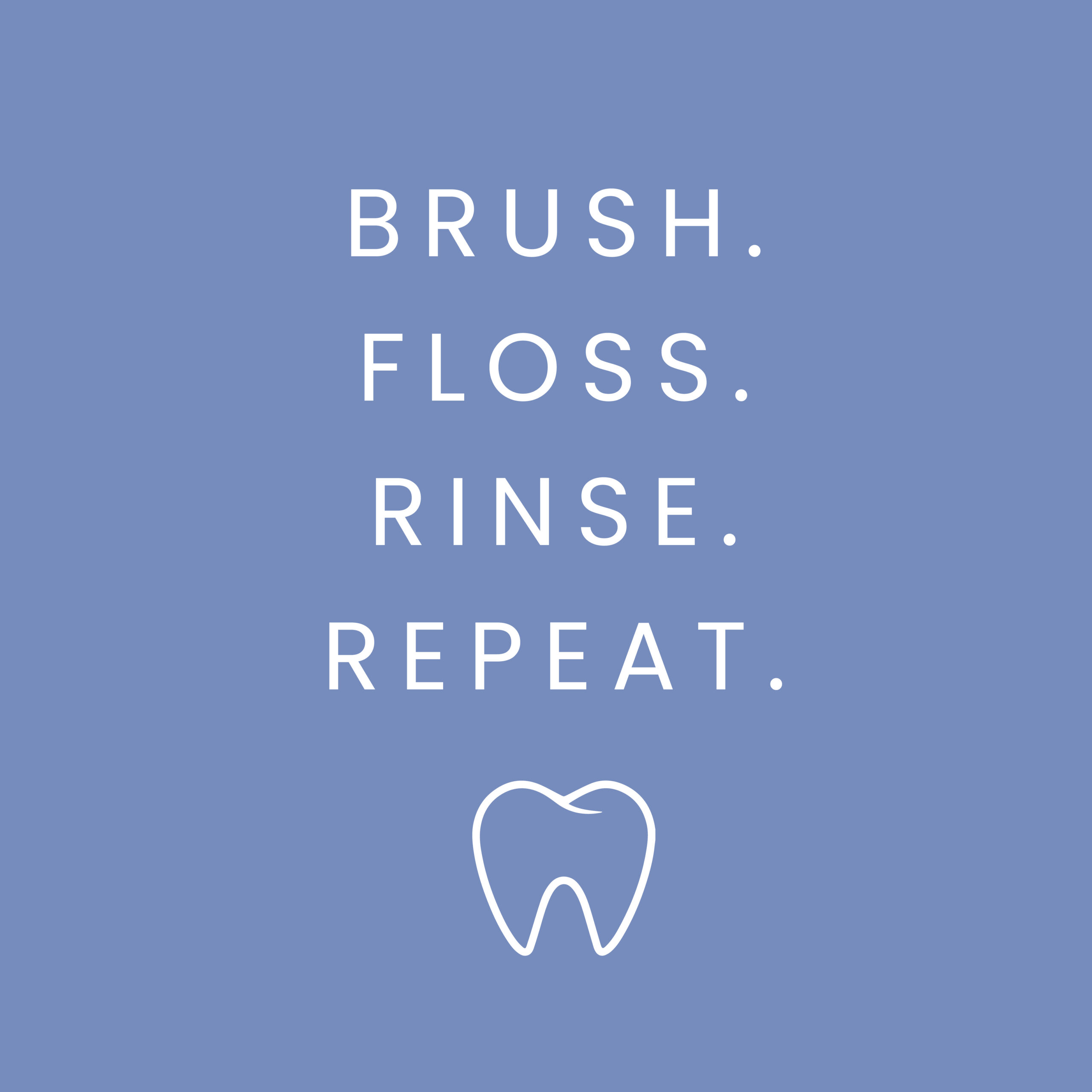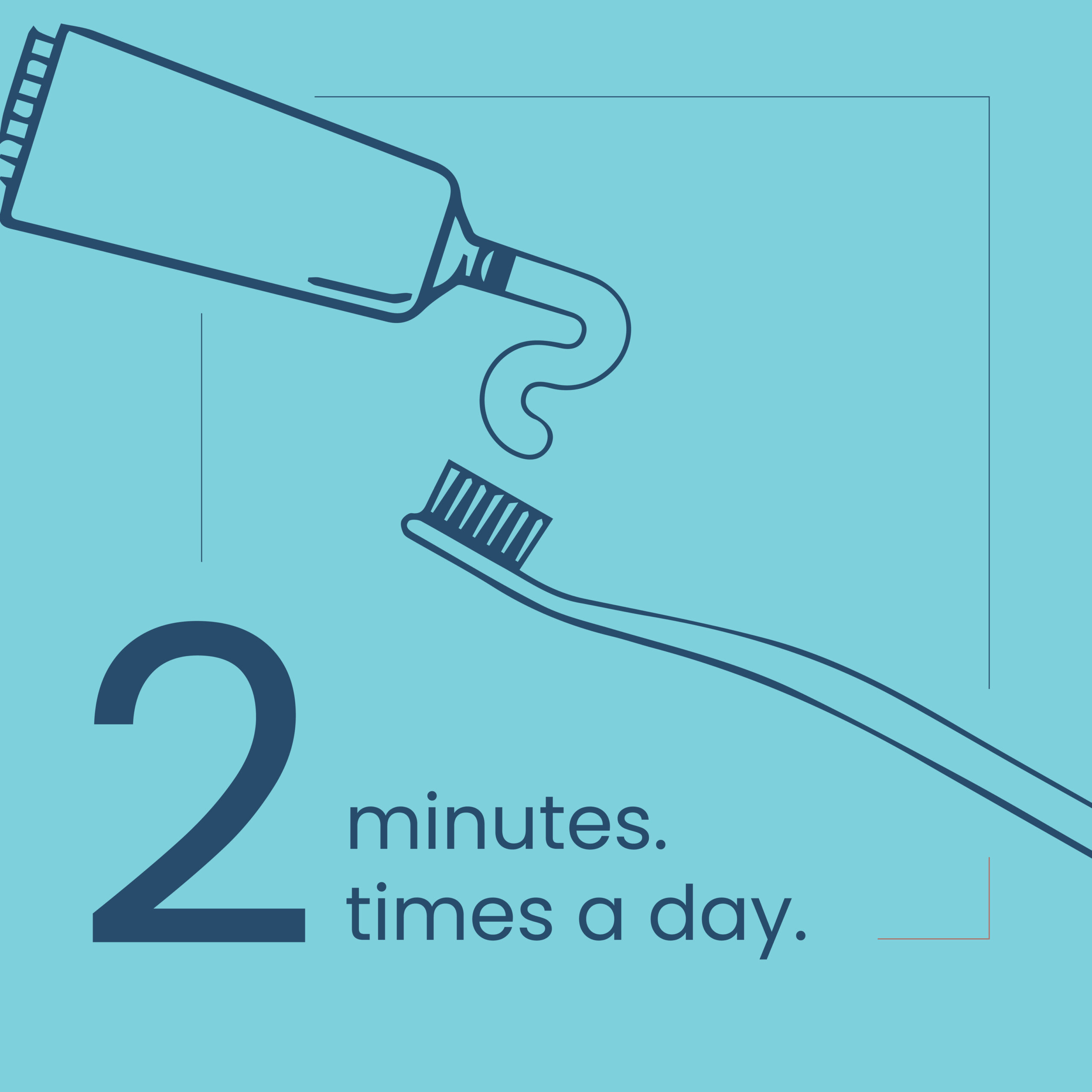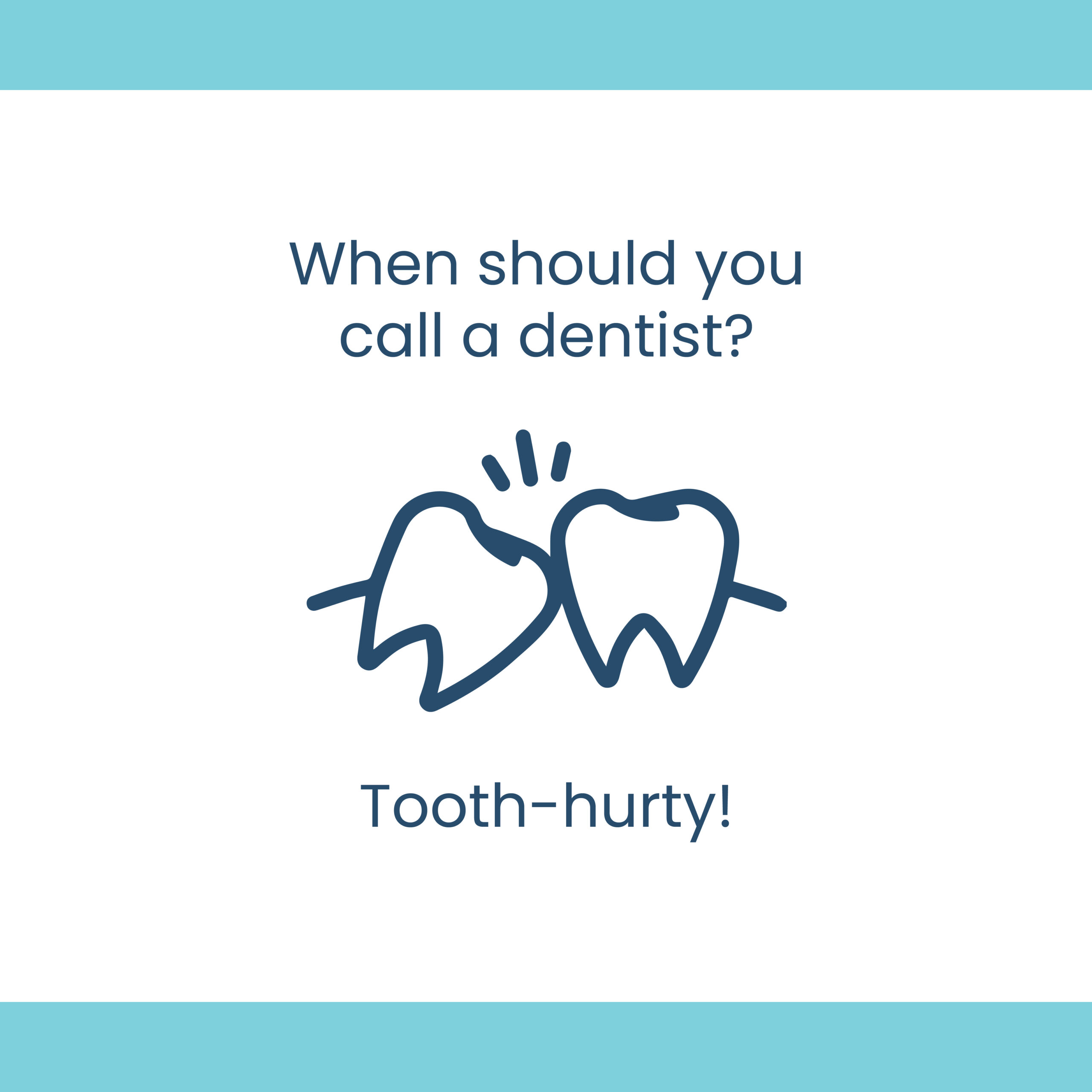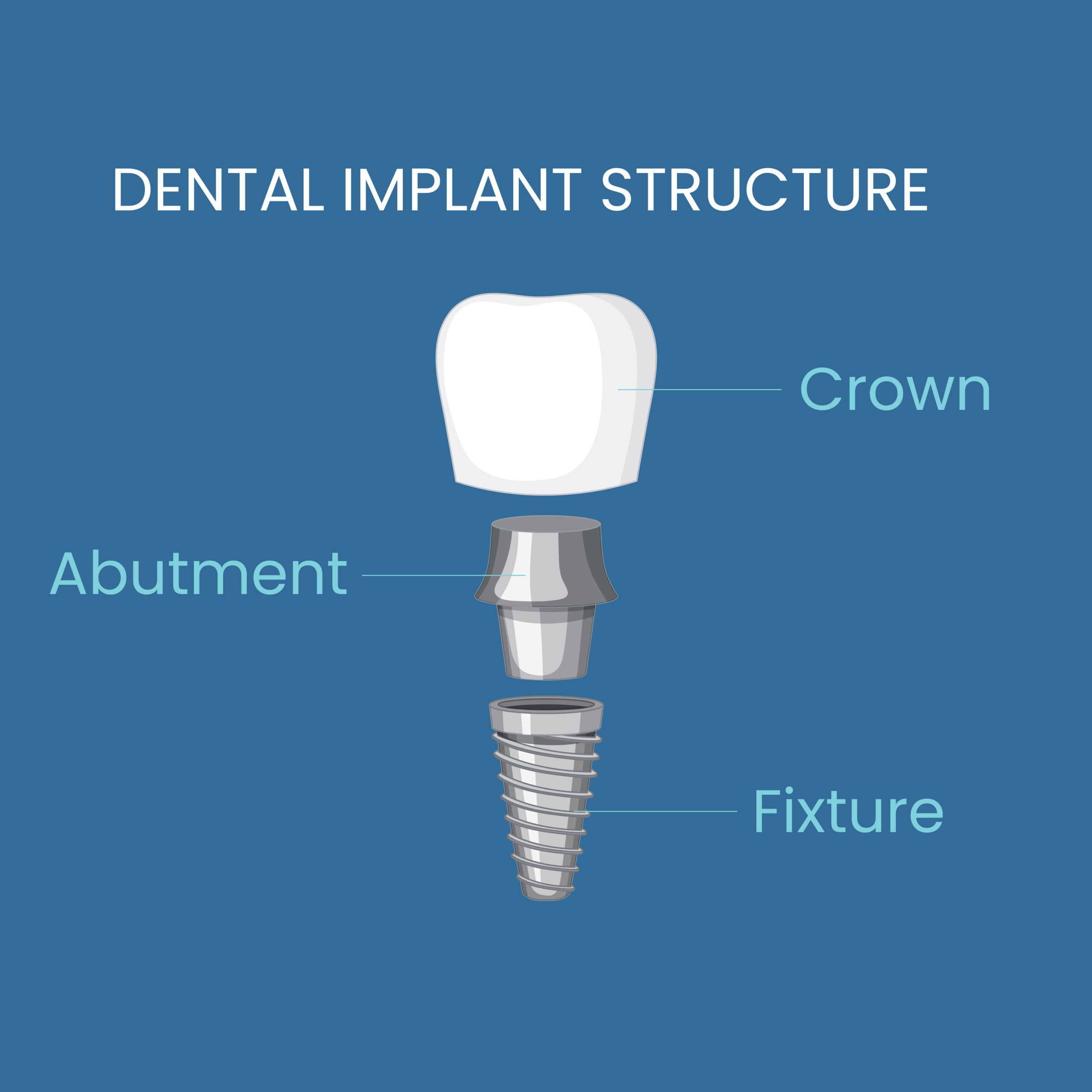It seems harmless enough—chewing on a few ice cubes while sipping a refreshing drink. For some, it’s a soothing habit, while for others, it provides a satisfying crunch. But did you know that continually chewing ice, also known as pagophagia, can have serious consequences for your dental health?
At Waldorf Dental Group, we’re here to explain why this habit may be more harmful than you think. Below, our dentist in Waldorf explains how you can protect your teeth for the long term.
What Is Pagophagia? Unpacking the Habit of Ice Chewing
Pagophagia is the technical term for compulsively eating ice. For some people, it could be a form of pica, a condition that causes you to eat things that aren’t food. While chewing ice might seem pretty benign, it can still carry significant risks to your health—especially when it becomes a regular habit.
You may not munch on ice often enough to have pagophagia, but even chomping down on the occasional ice cube from your drink could have negative consequences for your smile. Our dentist in Waldorf will explain why.
Other Health Conditions Linked with Chewing Ice
Interestingly, pagophagia is often linked to underlying health issues, such as anemia. For some people, ice chewing is a subconscious coping mechanism or a response to physical sensations caused by anemia.
If you find yourself constantly craving ice, it’s not just your teeth you should be concerned about—it may also be a sign to visit your healthcare provider for a thorough checkup.
The Health Risks of Ice Chewing on Your Teeth and Gums
While seemingly innocent, the act of chewing on solid ice can do more harm to your teeth and gums than many realize.
Tooth Enamel Damage
The hardest substance in your body is the outer covering of your teeth, the enamel. However, it’s not invincible. Ice is extremely hard, and the repeated pressure of chewing it can cause cracks or chips in your enamel. Once enamel is damaged, your teeth become more vulnerable to tooth decay, cavities, and sensitivity.
Cracked or Broken Teeth
Chewing ice puts enormous force on your teeth—force they’re not designed to handle. Over time, this can lead to cracked or fractured teeth, which may require restorative treatments like fillings, crowns, or even extractions in severe cases.
Gum Recession and Irritation
The sharp edges of ice cubes can scrape against your gums, leading to irritation and micro-injuries. Persistent gum damage increases the risk of gum recession and leaves sensitive areas open to infection.
Worsened Dental Work
If you undergoing orthodontic treatment or have had dental work done, chewing ice poses an even greater risk. All it takes is one strong crunch to loosen a filling or damage braces, potentially undoing costly dental treatments.
Local Expertise from Our Dentist in Waldorf
At Waldorf Dental Group, we’ve seen firsthand the impact that ice chewing can have on a patient’s oral health.
Here’s what our team recommends:
- Monitor Your Habits: Many patients aren’t even aware that ice chewing has become a daily ritual. Pay attention to when and why you chew ice.
- Get Checked for Anemia: If you routinely crave ice, schedule a checkup with your doctor to rule out iron deficiency anemia or other nutritional deficiencies.
- Visit Us Regularly: During your regular exam, we can catch early signs of enamel wear, cracks, or gum damage and provide tailored advice to protect your smile.
Tips for Breaking the Ice-Chewing Habit
We understand that breaking the habit of ice chewing can be challenging, especially if you feel reliant on the sensation or texture. Here are some practical tips to help you stop.
Replace Ice with Healthier Alternatives
Chewing on ice often satisfies a specific sensory need. Consider replacing it with softer options like shelled sunflower seeds, chilled cucumber slices, or sugar-free gum, which are gentler on your teeth.
Stay Hydrated
If you chew ice to cope with thirst or dryness, try drinking cold water instead. This can provide the same cooling sensation without the risks associated with ice.
Identify Triggers
Ask yourself if there are particular situations when you’re drawn to ice chewing, like stress, boredom, or high temperatures. Understanding your triggers can help you develop healthier coping mechanisms.
Gradually Wean Off Your Habit
Cold turkey quitting can be difficult for many. Gradually reduce the number of ice cubes you chew each day as you work toward eliminating the habit completely.
Seek Professional Support
If you’re struggling to break the habit on your own, don’t hesitate to break the ice and ask us for guidance! Our dentist in Waldorf is here to provide personalized advice and work alongside you to preserve your dental health.
Why Protecting Your Teeth Matters
Maintaining a healthy, bright smile is about more than just appearances—your dental health has direct ties to your overall well-being. By addressing habits like pagophagia early, you minimize the risk of long-term damage and costly dental procedures. Your teeth are designed to serve you for a lifetime, and making small, mindful changes can make all the difference.
If you’re concerned about the effects of ice chewing—or any dental health issue—our Waldorf, MD, dentist help. We take a compassionate and supportive approach to help our patients maintain happy, healthy smiles.
Cool It on Pagophagia with Our Help
Don’t wait until ice chewing causes serious damage to your teeth or gums. At Waldorf Dental Group, we’re here to provide personalized care and work with you to break harmful habits that impact your smile. Book a visit with our dentist in Waldorf today to learn more about protecting your dental health and finding solutions that work for you.

